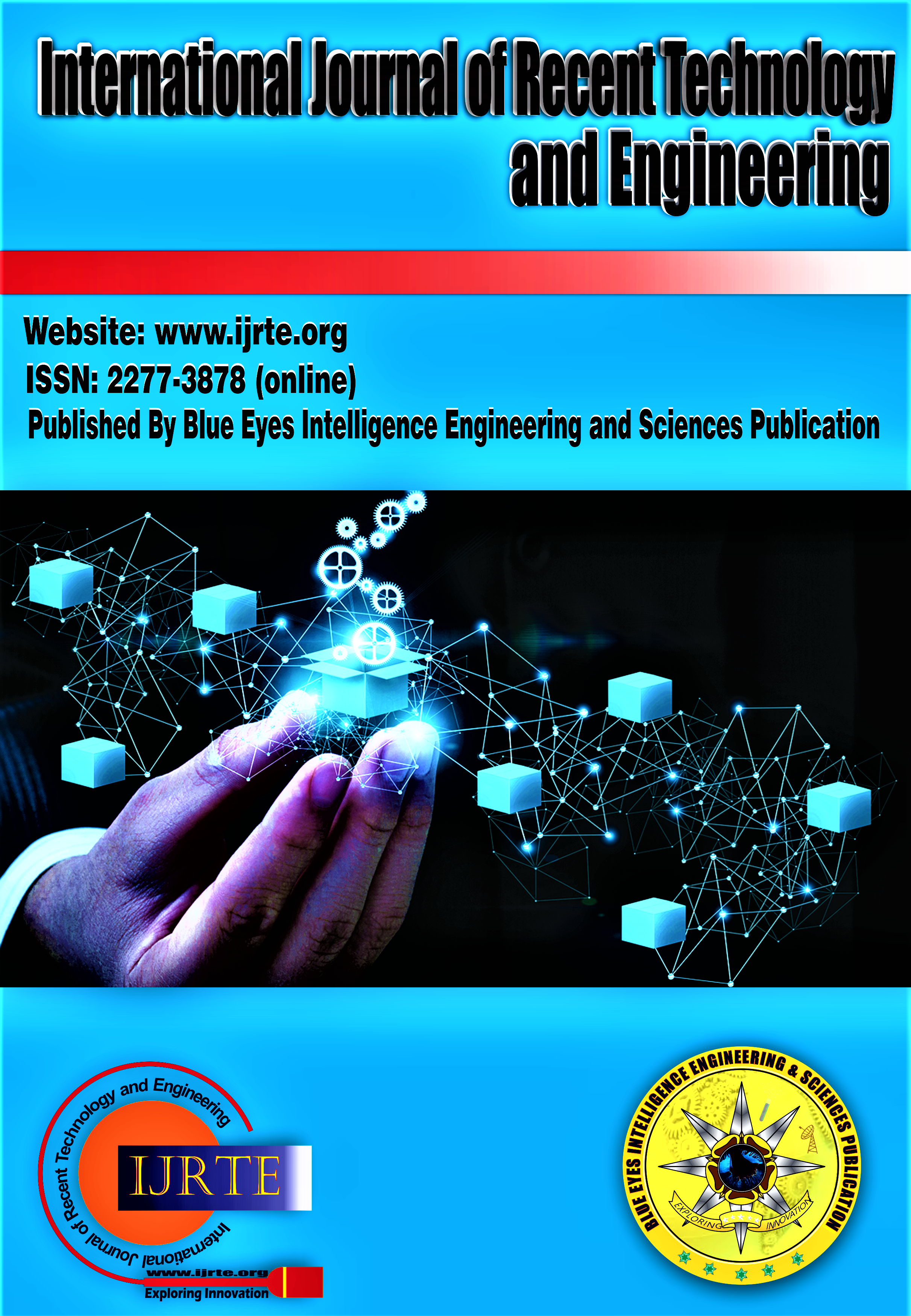The Influences of Macroscopic Modeling of Traffic Dynamics in Urban Road Segments Considering Side Friction Influences: A Case Study
Main Article Content
Abstract
Urban road networks are essential arteries of modern cities, facilitating the movement of people and goods. However, efficient traffic flow management in urban areas remains a critical challenge, often compounded by factors like side friction. This research article presents a comprehensive macroscopic modeling approach to understand and incorporate the effects of side friction on traffic flow in the context of Nakuru City, Kenya. Nakuru City, like many growing urban centres, grapples with traffic congestion and associated issues, demanding innovative solutions for sustainable urban mobility. Side friction, a multifaceted factor influenced by various urban elements such as parked vehicles, pedestrian activities, and roadside infrastructure, significantly impacts traffic flow dynamics. This study employed a macroscopic modeling framework to capture the complex interplay between traffic flow and side friction in Nakuru City's road links. Through extensive data collection and analysis, coupled with advanced traffic modeling techniques, the research developed a nuanced understanding of how side friction affects traffic flow patterns.
Downloads
Article Details

This work is licensed under a Creative Commons Attribution-NonCommercial-NoDerivatives 4.0 International License.
How to Cite
References
Damary, R. (2021, December 1). President Uhuru Kenyatta confers Nakuru with city status. Retrieved from assembly.nakuru.go.ke: https://assembly.nakuru.go.ke/web/president-uhuru-kenyatta-confers-nakuru-with-city-status/
Goetz, A. R. (2019). Transport challenges in rapidly growing cities: is there a magic bullet? Transport Reviews, 39(6), 701-705. doi. https://doi.org/10.1080/01441647.2019.1654201
Hidayat, N., Sunarjono, S., Awad, S. A., & Magfirona, A. (2019). Different impact of side friction condition on traffic flow along Yosodipuro Street Surakarta. AIP Conference Proceedings, 1-9. doi. https://doi.org/10.1063/1.5112440
Jiang, Y.-Q., Ma, P.-J., & Zhou, S.-G. (2018). Macroscopic modeling approach to estimate traffic-related emissions in urban areas. Transportation Research Part D: Transport and Environment, 60, 41-55. doi. https://doi.org/10.1016/j.trd.2015.10.022
UN-Habitat. (2010). The state of African cities 2010: Governance, ineuality and urban land markets. Nairobi, Kenya: UN-Habitat. https://unhabitat.org/sites/default/files/download-manager-files/State%20of%20African%20Cities%202010.pdf
Zadobrischi, E., Cosovanu, L.-M., & Dimian, M. (2020). Traffic flow density model and dynamic traffic congestion model simulation based on practice case with vehicle network and system traffic intelligent communication. Symmetry, 12(7), 1172. doi. https://doi.org/10.3390/sym12071172
Peter, M. N., & Rani, P. (2020). Advanced Traffic Management System using a Fuzzy Logic Controller to Differentiate Parking Vehicle and Moving Vehicle. In International Journal of Innovative Technology and Exploring Engineering (Vol. 9, Issue 5, pp. 488–494). doi. https://doi.org/10.35940/ijitee.e2213.039520
Singh, V., Unadkat, V., & Kanani, P. (2019). Intelligent Traffic Management System. In International Journal of Recent Technology and Engineering (IJRTE) (Vol. 8, Issue 3, pp. 7592–7597). doi. https://doi.org/10.35940/ijrte.c6168.098319
Yaduvanshi, R., Bansal, P. (Dr) S., & Kumar, D. A. (2019). Factors Affecting Traffic Management using Two Step Cluster. In International Journal of Engineering and Advanced Technology (Vol. 9, Issue 1, pp. 1184–1189). doi. https://doi.org/10.35940/ijeat.a9516.109119
S., D., T. Sri, G., S. N M Vamsi, K., & SK., M. (2023). Intelligent Traffic Signal Control using RF Technology for Emergency Vehicles. In International Journal of Inventive Engineering and Sciences (Vol. 10, Issue 4, pp. 1–5). doi. https://doi.org/10.35940/ijies.b3906.0410423
Acharjee, S. C., & Ahsan, Dr. Prof. H. M. (2024). Effects of Rural Roads for Improving Road Traffic Safety in Bangladesh. In Indian Journal of Transport Engineering (Vol. 4, Issue 1, pp. 6–17). doi. https://doi.org/10.54105/ijte.b1908.04010524





